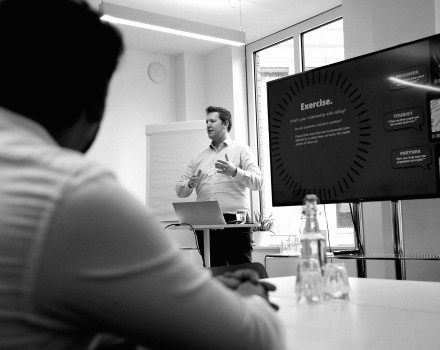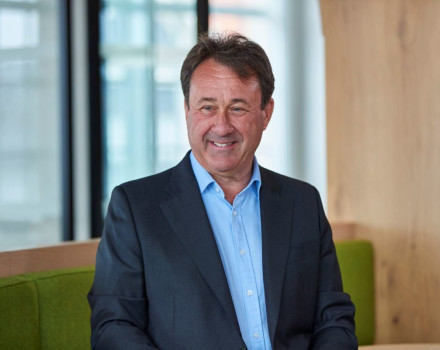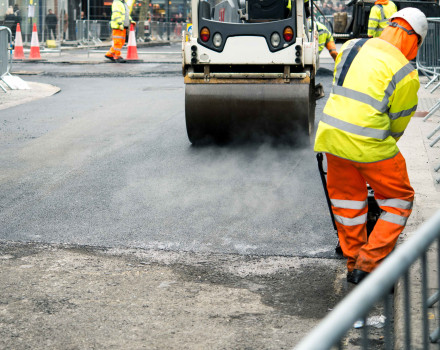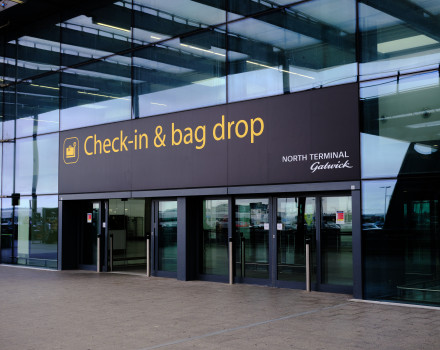The Group, one of the largest UK contractors, said they would reduce Scope 1, 2 and operational Scope 3 emissions – those directly and indirectly related to its operations – by 30% by 2025 and by 60% by 2030, based on a 2019 baseline, with any remaining emissions being offset in the UK.
Already, the Group has achieved a 64% reduction in emissions (Scope 1, 2 and operational Scope 3) since 2010, and their carbon intensity (the amount of carbon emitted per unit of energy consumed) has been cut by 75% over the same period.
Their Scope 1 and 2 emissions are mainly made up of bulk fuel, vehicle fleet emissions and electricity use, while operational Scope 3 emissions are those which occur in the value chain, such as materials purchased – like bricks and glass.
Calculating carbon
The net zero carbon goal will be reached by implementing a series of initiatives across the Group’s companies, which span commercial fit out, construction, infrastructure, property services, design and engineering, homebuilding, urban regeneration, and partnership housing. An internal carbon charge has been introduced to encourage each company to think innovatively about how to minimise carbon.
BakerHicks, alongside their sister companies which make up the Morgan Sindall Group, are already adopting innovative measures to reduce carbon. Modular designs, specifying offsite construction methods – where buildings are made to measure offsite and can be assembled in a far shorter time-frame - is just one example. The company is also using Passivhaus design principles on a number of its projects and has in-house certified Passive House designers.
Transparent targets
The Group has a history of leadership, transparency and openness around its sustainability goals. They were one of the first construction companies in the world to gain accreditation by the Science-Based Targets Initiative, using targets which represent sector-specific actual reductions in overall emissions.
Their emission figures have been independently audited by Achilles, under the Carbon Reduce Scheme (formerly CEMARS), for over a decade.
In 2020, its actions to tackle climate change were independently recognised with an A score for leadership on climate change from the CDP, a voluntary climate impact reporting scheme. In 2021, CDP also named the Group a Supplier Engagement Leader, for its work to drive action on climate change along its supply chain.
Supply chain community
With long-term relationships with supply chain partners that go back decades and the know-how, Morgan Sindall recognises that they can help tackle emissions in this community, which remains a challenge for the construction sector. Their goal within the supply chain is to focus on helping their partners reduce emissions from plant equipment and waste generated in the delivery of materials.







